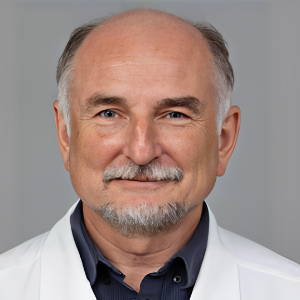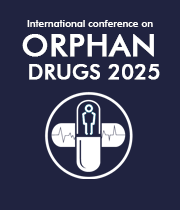Orphan Drug Therapeutics
Orphan therapeutics are pharmaceuticals used to diagnose, prevent, or treat life-threatening or life-altering diseases or disorders that are rare. Because of the small patient groups required for clinical trials, orphan drug development is particularly difficult. By definition, rare diseases affect fewer than 200,000 Americans, with some affecting only a few hundred. There are about 7000 circumstances like this. Because the pharmaceutical business has little interest in developing and promoting treatments for a tiny number of patients, these drugs are referred to as "orphan" drugs. The exceptionally high cost of bringing a therapeutic product to market would not be covered by predicted sales, according to drug makers. As a result, the prospective market for novel pharmacological treatments is minimal, and the pharmaceutical industry would suffer a financial loss as a result. The FDA has provided several perks and incentives to pharmaceutical and research businesses to help with medication development and treatment choices for orphan diseases.
- Challenges in Orphan Drug Development
- Drug Repurposing/Repositioning
- Regulatory Considerations for Drug Repurposing
- Future Perspectives

Sergey Suchkov
The Russian University of Medicine & Russian Academy of Natural Sciences, Russian Federation
Vladlen Slepak
University of Miami, United States
Harsha Rajasimha
Jeeva Clinical Trials, Inc, United States
Vladlen Slepak
University of Miami, United States
Harsha Rajasimha
Jeeva Clinical Trials, Inc, United States
Sergey Suchkov
The Russian University of Medicine & Russian Academy of Natural Sciences, Russian Federation


Title : Emerging solutions for inclusive orphan drug clinical trials management
Harsha Rajasimha, Jeeva Clinical Trials, Inc, United States
Title : Ectopically expressed olfactory receptors as an untapped family of drug targets. Discovery of agonists and antagonists of OR51E1, an understudied G protein-coupled receptor
Vladlen Slepak, University of Miami, United States
Title : Personalized and Precision Medicine (PPM) as a unique healthcare model to secure the human healthcare and biosafety among childhood
Sergey Suchkov, The Russian University of Medicine & Russian Academy of Natural Sciences, Russian Federation
Title : Orphan and rare disease emerging as a global public health priority through the view of personalized and precision medicine: How to use the latter to revolutionize pediatric services
Sergey Suchkov, The Russian University of Medicine & Russian Academy of Natural Sciences, Russian Federation
Title : Personalized and Precision Medicine (PPM) though the view of reproductive healthcare, pediatric services and natural family planning: an option for clinicians and caregivers realize the potential of genomics-informed care to secure the individualized human biosafety
Sergey Suchkov, The Russian University of Medicine & Russian Academy of Natural Sciences, Russian Federation
Title : Democratizing ASO drug discovery at La Jolla Labs
Melissa Keenan, La Jolla Labs, United States